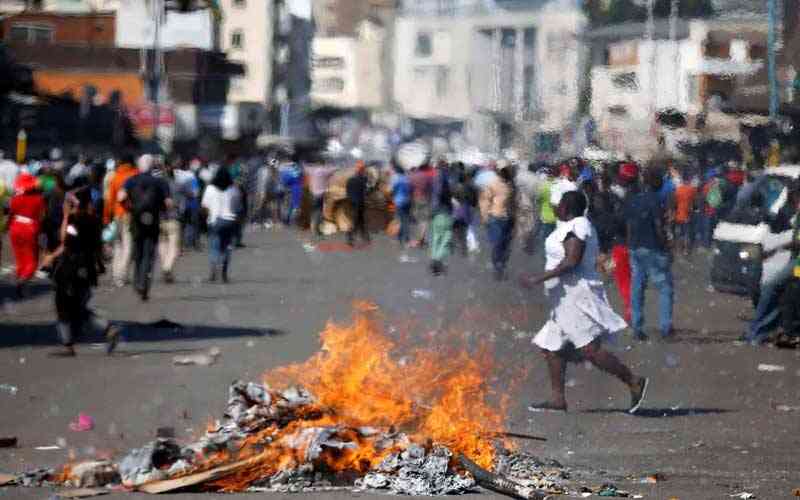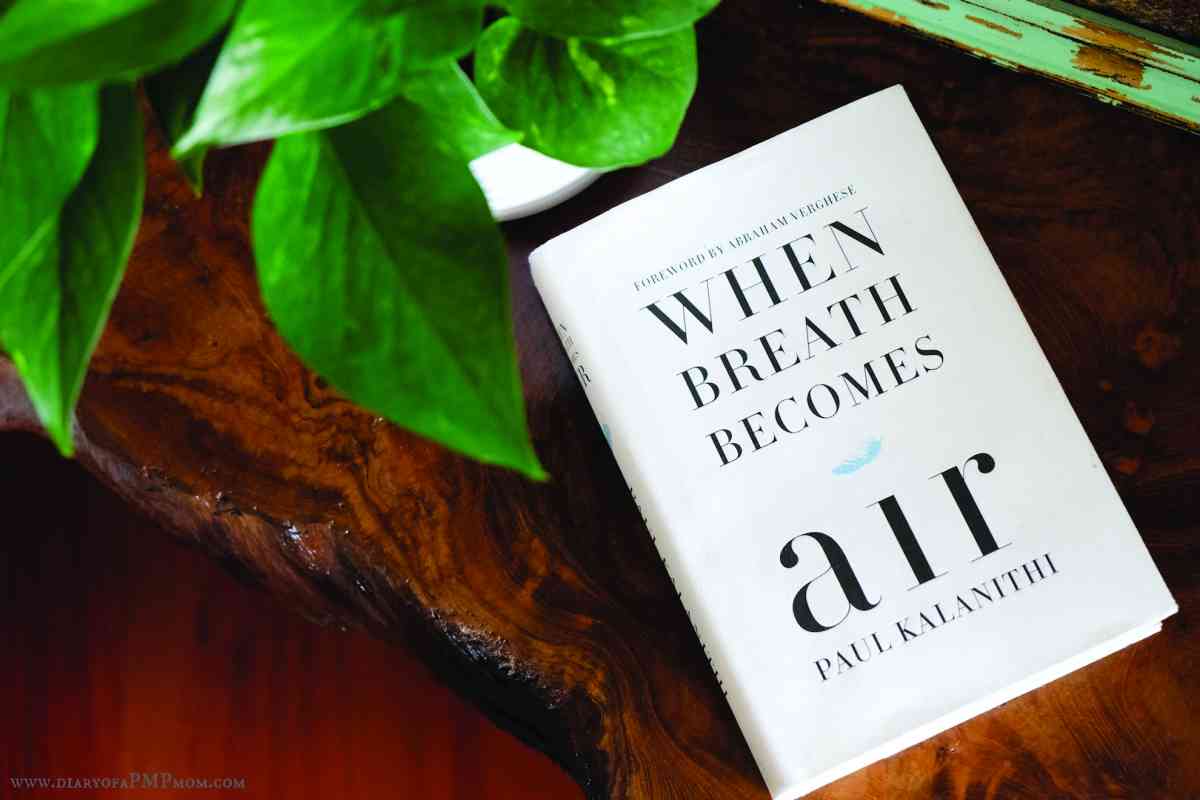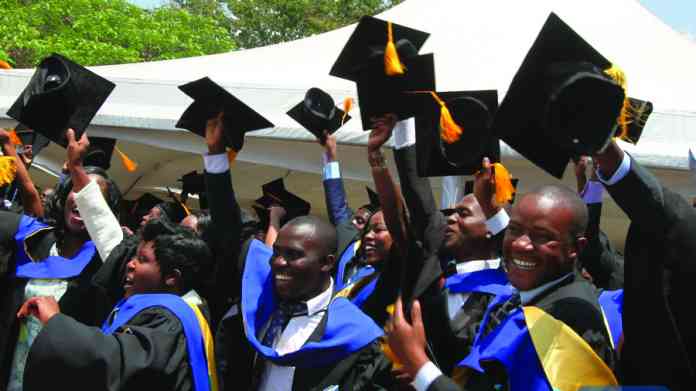
HISTORICALLY speaking, Zimbabwe’s political landscape has been marred by political violence and human rights violations orchestrated not only by Zanu-PF political allies, but also the army; the police; and in some cases, members of the opposition.
A key historical case in point is the use of state security forces by the Mugabe administration to weaken Joshua Nkomo’s Zimbabwe People’s Union (ZAPU) political party in the early 1980s. The reason behind this move is that Mugabe perceived ZAPU and its supporters as a threat to his rule.
Therefore, ZAPU and its supporters needed to be silenced and this repressive trend would manifest itself in the Zimbabwe African National Union-Patriotic Front (Zanu-PF) ethos for the next three decades and beyond.
The case of Zimbabwe Human Rights NGO Forum v. Zimbabwe [2006] is instructive. Following the Constitutional Referendum of 2000 up to the Parliamentary elections in June 2002. Opponents of the Zanu-PF including human rights activists, farmers, doctors, and teachers were harassed, subjected to torture, and murdered by Zanu-PF supporters. Those who did not identify with the Zanu-PF party political choices were targeted during these attacks.
Furthermore, the victims were prevented from demanding redress due to the Clemency Order No. 1 of 2000, which consisted of an amnesty act that pardoned perpetrators charged with politically motivated crimes.
Consequently, the African Commission on Human and Peoples’ Rights held the Zimbabwe State responsible for the violation of Articles 1 and 7 of the African Charter on Human and Peoples’ Rights. Nonetheless, submissions regarding Article 9 of the Charter were dismissed because non-state actors perpetrated these human rights violations.
Fast forward to the military takeover that ended Mugabe’s 37-year rule in 2017 and ushered in the Mnangagwa administration.
One quickly notices that the leopard has not changed its spots and the crocodile has not changed its antics and tactics. The case of DARE v. Saunyama N.O. [2018] clearly illustrates this when Zimbabwe’s Constitutional Court held that a provision in the Public Order and Security Act allowing police officers to issue blanket bans on future demonstrations in specific geographical areas for up to one month, was an unjustifiable limitation on the rights to demonstrate and present petitions.
- Village Rhapsody: Zanu PF must revisit its ruinous stance on NGOs
- Detained CCC activist falls sick
- Zanu PF youths run amok at court
- Zim urged to abolish death penalty
Keep Reading
This ruling followed a decision by a police officer in the Harare Central Police District to prohibit demonstrations, organized by the Democratic Assembly for Restoration and Empowerment (DARE), in the district for a period of two weeks in September 2016.
This is followed by the case of Williams v. Zimbabwe {2021] in which an organization called Women of Zimbabwe Airse (WOZA) were systematically harassed, intimidated, threatened, arbitrarily arrested, and prevented from engaging in public demonstrations and peaceful protests in different parts of Bulawayo and Harare.
The Court held that the participants in the public demonstrations were protected under the Constitution of Zimbabwe and that the arrest was a violation to personal liberty.
Further examples include the 2022 by-election in which opposition MP Jasmine Tofa was assaulted in the month of October as the Citizens Coalition for Change (CCC) members made their way to a rally in Matabeleland.
To further add salt to injury, some of the female supporters present at the scene were instructed to take off the yellow CCC t-shirts they were wearing. Presumably because yellow is symbolic of the main opposition party CCC. As such, it is evident to see the political landscape in Zimbabwe is one that undermines key fundamental rights that are cardinal to a democratic state. The right to freedom of assembly and association is a mode of expression that is not respected or upheld by the Zanu-PF regime. As such, those wishing to engage politically via this mode of expression are restricted which in turn undermines their political participation.
Fast forward to August 2023 and it becomes further evident that the crocodiles’ antics and tactics are not a thing of the past. For example, CCC national spokesperson Fadzayi Mahere was convicted, under section 31 of the Criminal Law Reform and Codification Act, after she was accused of “publishing falsehoods” in relation to a video she had posted on Twitter that alleged a police officer had killed a baby. Mahere would later be acquitted of the preferred charge brought by the prosecution of “promoting and inciting public violence” and would only be convicted of communicating false statements. A more recent case in point is the killing of Tinashe Chitsunge, a member of the main opposition party CCC who was stoned to death, allegedly at the hands of ruling Zanu-PF supporters, in Harare as he made his way to a rally. Given this backdrop, one can deduce that Zanu-PF is not prepared to foster a political landscape that can respect opposition and supporters of opposition political parties.
In light of the upcoming August 23rd presidential election, what becomes evident is that as things stand, the political landscape is not conducive for those who oppose the ruling party.
This is because Zanu-PF and its political allies are prepared to use violence as a tool of political coercion. The main victims are officials and members of the opposition, their supporters, and those critical of Zanu-PF (including ordinary citizens and civil society activists).
Fundamental rights like freedom of assembly/association and freedom of expression are rights that are protected under the Zimbabwe constitution. This also includes the African Charter of Human and Peoples Rights.
However, Mnangagwa’s regimes appears to show very little regard to these national and international agreements, and this should be a strong indicator of the current Zanu-PF regimes attitude towards human rights and the rule of law.
Therefore, given the violent political landscape that makes it hard for opposition party members to challenge the incumbent Zanu-PF government. It is difficult to envision a victory from the opposition but nevertheless there is hope because ordinary citizens in Zimbabwe want change and appear to be ready to take direct action through the ballot.
- Daka (@ToadSage24) is interested in digital rights, freedom of expression, freedom of speech and internet shutdowns across Africa.










